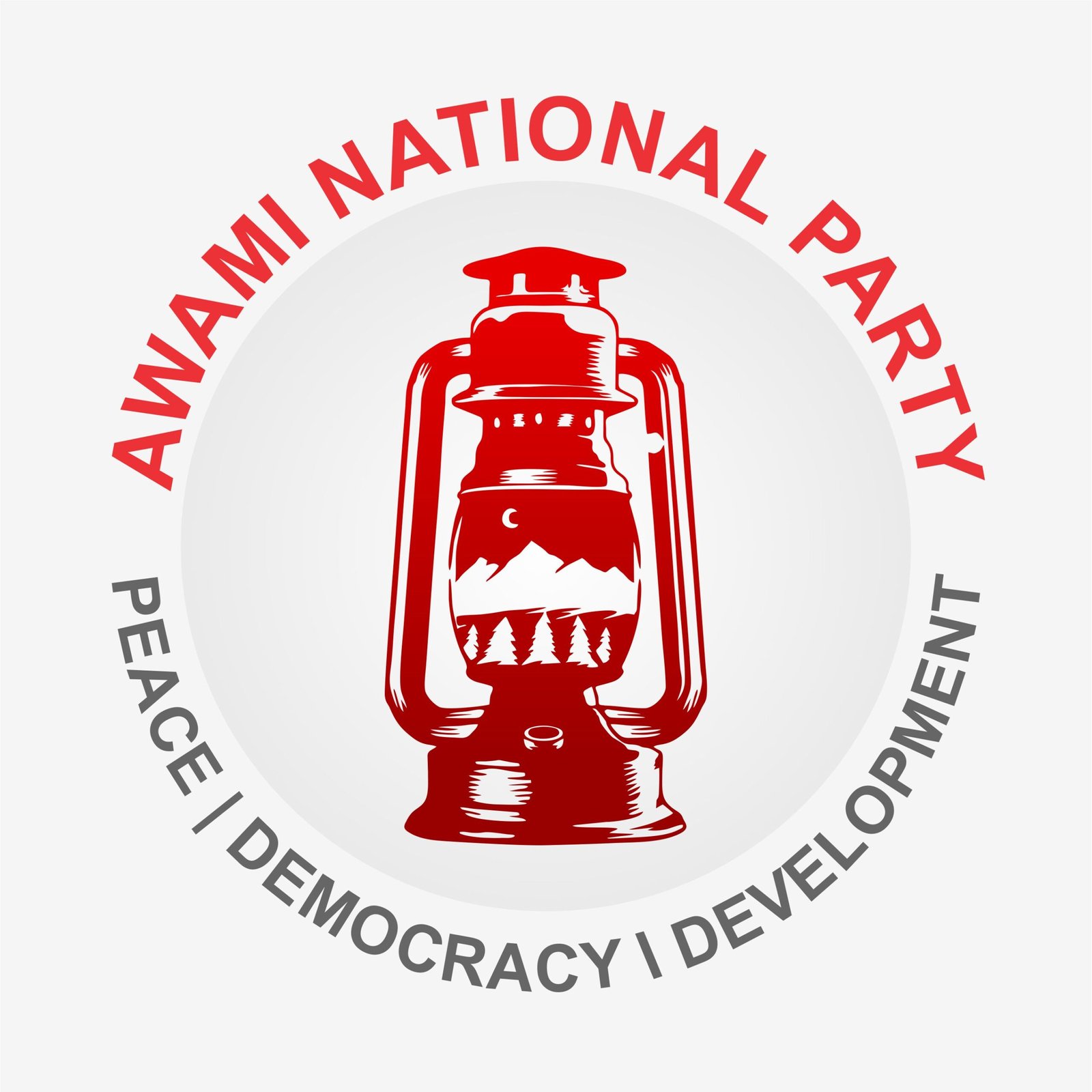The Awami National Party (ANP) is a significant political party in Pakistan, representing the Pashtun community. Founded by Abdul Wali Khan in 1986, the party has played a vital role in promoting Pashtun nationalism, secularism, and left-wing ideals in the country. Today, Asfandyar Wali Khan, the grandson of Bacha Khan, leads the ANP as its current president, with Mian Iftikhar Hussain serving as the Secretary-General.
One of the primary objectives of the Awami National Party is to safeguard the rights and interests of the Pashtun people. The party has been instrumental in advocating for the socio-economic development of the Pashtun-majority regions in Pakistan, such as Khyber Pakhtunkhwa and parts of Balochistan. ANP has consistently raised its voice against oppression, discrimination, and marginalization faced by the Pashtun community.
One notable aspect of the Awami National Party is its commitment to secularism. The party firmly believes in the separation of religion and state, ensuring equal rights and opportunities for individuals of all faiths. This progressive stance has earned the ANP both praise and criticism in a country where religious conservatism often dominates the political landscape.
The ANP’s left-wing ideology sets it apart from many other political parties in Pakistan. The party advocates for social justice, workers’ rights, and income redistribution to address the prevalent economic disparities in the country. ANP’s focus on inclusive governance and welfare policies has resonated with many Pakistanis, particularly those from marginalized communities.
Despite its noble objectives, the Awami National Party has faced significant challenges and obstacles. The party has been a target of violence and terrorism due to its progressive and liberal stance. Tragically, many ANP leaders and workers have lost their lives in acts of terrorism, making it a symbol of resilience in the face of adversity.
The ANP’s commitment to democracy and parliamentary politics is commendable. The party actively participates in electoral processes and has consistently worked towards strengthening democratic institutions in Pakistan. It has been at the forefront of advocating for the rights of women, minorities, and marginalized groups, emphasizing the importance of their active involvement in the political sphere.
